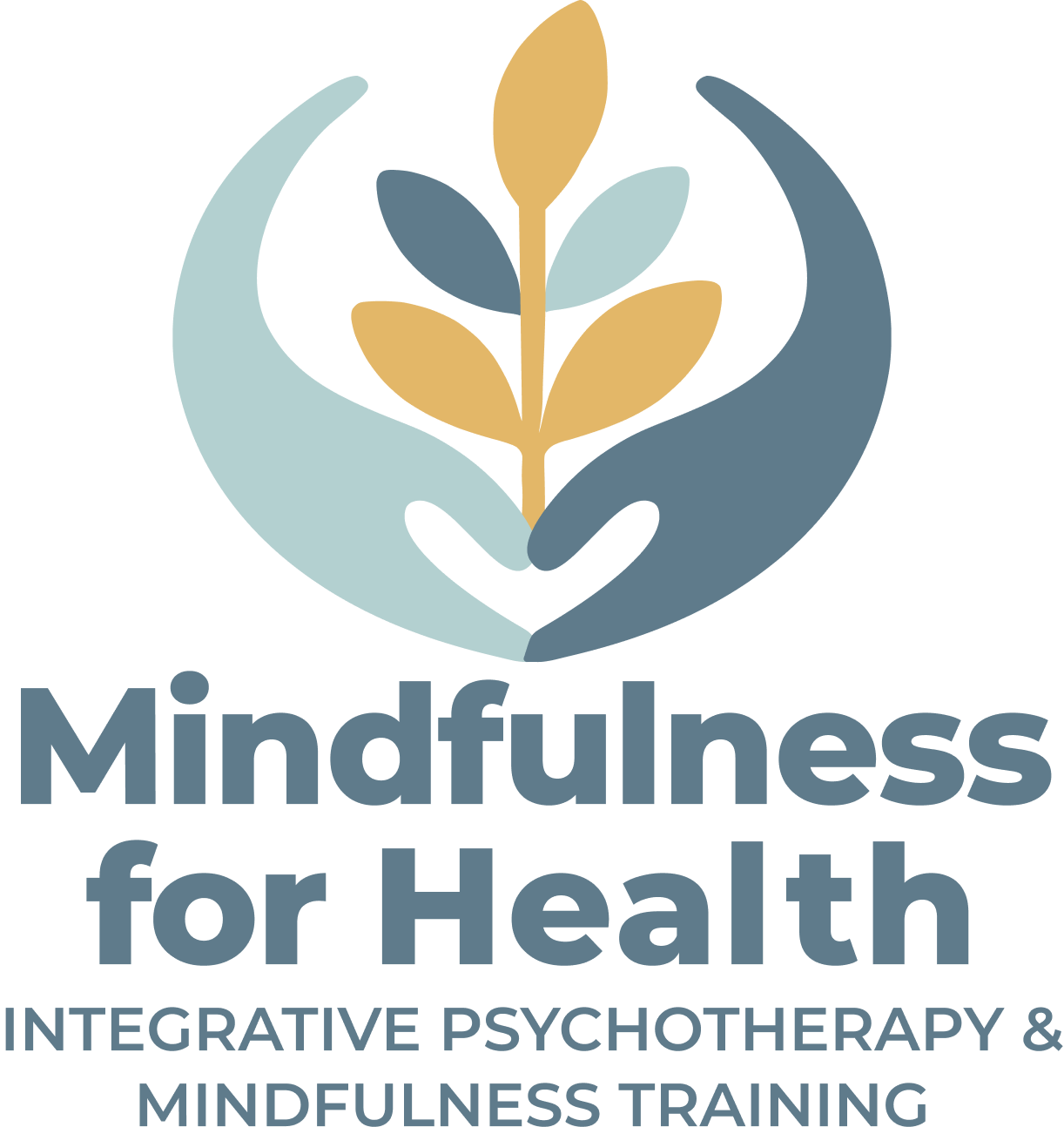“Our wounds are often the openings into the best and most beautiful part of us.” ― David Richo
Being a “people pleaser” is exhausting! I should know, because I find myself, from time to time, still falling back into being one too. It’s challenging enough to keep up with our own needs, but when we try to meet the expectations of others, especially if we have lots of friends and acquaintances, it feels even more overwhelming. If you’re someone who is always looking to please those around you, it might be time for you too, to reevaluate that habit for your own mental health and well-being.
What Is a People Pleaser?
If you’re a people pleaser, basically you put the needs of others before your own needs and desires, and rarely say no or set boundaries. You’re a yes person and you rarely, if ever, stop and check in with yourself to see if you have anything extra to give. People pleasers stay in jobs that stress them out or bore them to death and agree to go to social events they don’t want to go to because they can’t say no. They also agree to take on tasks they don’t have the time to do. Saying “yes” to demands is the default mode for a people pleaser, and the challenges of living up to a growing list of expectations can create unnecessary stress for people who always try to please.
Other characteristics of people pleasers can include:
1.Lack of strong self-esteem and sense of worth
2.Often seek praise from others
3.Readily accept blame even if they’re not at fault
4.May be shy and/or unassertive
5.Apologize for things that aren’t their fault
6.Leave decision making to others
7.Often agree publicly with what’s said, even if they believe the opposite
8.Often secretly resent the tasks they do for others
9.Go out of their way to help others, but are reluctant to let others help them
10.May have a hard time with compliments (because they secretly believe they don’t deserve them)
Caring about others is an admirable quality, but it’s an approach that can spiral out of control and leave you feeling disillusioned, exhausted, and resentful if not kept in check. It can even contribute to mental health issues.
What are some ways to break free from people pleasing tendencies and reclaim your life?
1. Scale Back on Commitments
If your calendar is filled with a montage of meetings, appointments, and errands, it leaves little time for caring for your own needs. Learn how to and practice prioritizing self-care. Evaluate what obligations are most important, and which ones aren’t necessary right now. You can’t meet the demands of everyone. Doing so can harm your own mental and physical health in a way that makes you less able to help others. Each person only has a finite amount of emotional resources.
Being a people pleaser can be problematic at work too. You may inevitably take on extra work that can overwhelm you. In addition, people don’t often perceive people pleasers as strong leaders which could make it harder to move up the career ladder, if that’s something of interest to you.
2. Know That You Can’t Please Everyone
It’s important to adopt a mindset where you tell yourself that it’s impossible for you to make everyone happy, as trying to do so will only stress you out. Even if you smile and give everything you do your all, there will still be people who are unhappy regardless of your efforts. Remind yourself that you can tolerate others possibly being unhappy with you. Saying no to them is saying yes to you, which, in the long run, can be a healthy thing. People pleasers can, sometimes, lose the respect of others because they haven’t stood up for themselves.
3. Acknowledge that Self-Care is Important
Anything you do to jeopardize your own mental and physical health can make you less helpful in any capacity. Invest enough of your time to take care of yourself in a healthy way. It’s like the old adage, on an airplane the flight attendant tells us we have to put the oxygen mask on ourselves before we can help anyone else around us. Remember that you don’t have to attend every social function, volunteer for every cause, and be a counselor every time someone needs you. You still need time to sleep, take a walk in nature, and eat healthy meals. If people-pleasing behaviour keeps you from doing those things, it can be harmful to your emotional and overall health.
4. Get in Touch with Your Own Needs and Desires
If you’re a people pleaser, the idea that someone else’s happiness or success is more important than your own can be ingrained in you. But you’re not true to yourself if you prop up the happiness of others without supporting your own mental health needs. Another person’s happiness is not always more important than your own, and you may not be able to break free from your people-pleasing tendencies until you truly acknowledge that. Get in touch with your own needs and desires. Some ways to get in touch with your own needs and desires are to write in a journal and/or meditate on a daily-ish or at least regular basis.
5. Develop Your Own Sense of Self-Worth
Fostering a sense of self-worth can be the first step in overcoming this pattern. The more grounded and confident you feel in who you are, the less likely you will tolerate requests that make little sense to you or violate your own time and energy needs. It’s okay to help if what someone asks is consistent with your own beliefs and you have the time and energy to do it. Doing it only because you feel obligated moves us away from well-being.
Instead of worrying about hurting others’ feelings or leaving them out, focus on the fact that being true to yourself is a gift — both for yourself and for loved ones. If you’re clear about your priorities and boundaries, it can be easier for others to respect them as well.
The Bottom Line
It takes time to change your mindset, how you interact and respond to other people. In some cases, it even takes professional mental health guidance and support. Sometimes people pleasing can stem from a trauma response called “fawning”, where people pleasing behaviour is actually a maladaptive way of feeling safer in our connections with others. This is something that can be unpacked and processed in therapy so that you can better understand the roots more clearly and make goals to heal from this and move toward more authentic connecting with others.
For now, you can start by taking small steps to decrease the actions you take to please others. Check in with yourself the next time you’re about to say “yes!” or “of course” to something being asked of you and instead try out “I need to think about that and get back to you”. It will probably feel very uncomfortable at first, but remind yourself of the value of why you’re changing your people pleasing mindset and behaviours. Keep practicing and incorporating these healthier boundaries into your life and I promise you it does get easier over time. In the grand scheme of things, you deserve to take care of yourself and be as kind to yourself as you are to others – in the end, you’ll be glad you did and so will your loved ones around you.
References:
1.”People-Pleasing | Psychology Today.” psychologytoday.com/us/basics/people-pleasing.
2.”The Need to Please: The Psychology of People-Pleasing.” 24 Jan. 2020, psychcentral.com/blog/imperfect/2020/01/the-need-to-please-the-psychology-of-people-pleasing.
3.”10 Signs You’re a People-Pleaser | Psychology Today.” 23 Aug. 2017, psychologytoday.com/us/blog/what-mentally-strong-people-dont-do/201708/10-signs-youre-people-pleaser.





